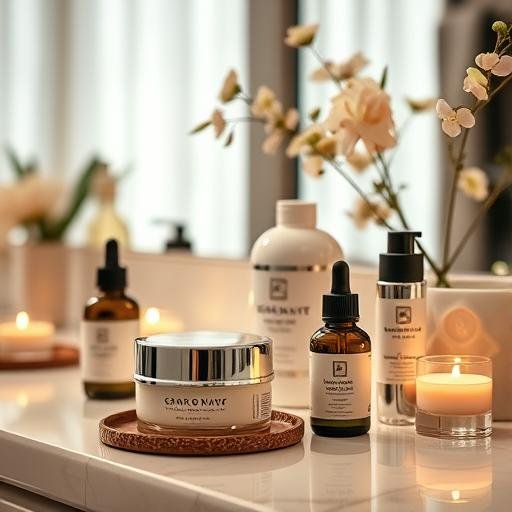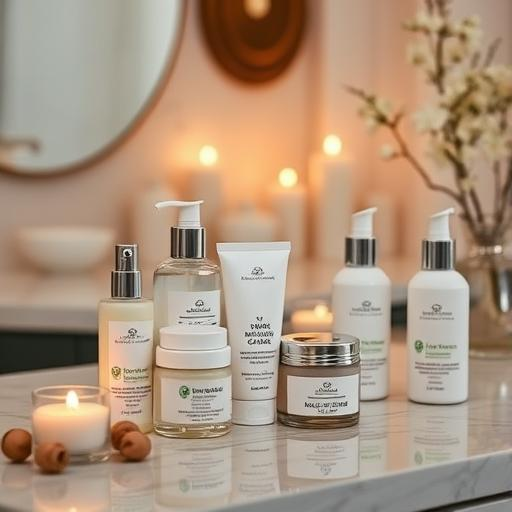
The Science of Skin Fasting: Does Your Skin Really Need a Break from Products?
By [Your Name] | Updated [Date]
In the world of skincare, trends come and go—but one that’s been gaining traction is skin fasting, the idea of giving your skin a break from products to let it “reset.” But is there any science behind this trend, or is it just another fad? Let’s dive into the research and find out if your skin truly benefits from a product detox.
What Is Skin Fasting?
Skin fasting is the practice of temporarily pausing your skincare routine—or simplifying it drastically—to allow your skin to recalibrate. The theory is that constant product use may overwhelm the skin, leading to dependency, irritation, or imbalances. Proponents claim that taking a break can help restore the skin’s natural barrier and oil production.
The Potential Benefits of Skin Fasting
While research on skin fasting is limited, some dermatologists acknowledge possible benefits:
- Reduced irritation: Overusing active ingredients (like retinoids or acids) can strip the skin, leading to sensitivity. A break may help soothe inflammation.
- Balanced oil production: Some believe that skipping moisturizers can help oily skin regulate sebum naturally—though this isn’t proven for everyone.
- Simpler routines: Cutting back can help identify which products your skin truly needs.
The Downsides of Skipping Skincare
However, dermatologists caution that skin fasting isn’t for everyone:
- Barrier damage risk: Skipping moisturizer can worsen dryness or conditions like eczema.
- Sun protection gaps: Never “fast” from sunscreen—UV protection is non-negotiable.
- No “reset” proof: The skin doesn’t “forget” how to function, though product overload can cause issues.
How to Try Skin Fasting Safely
If you’re curious, here’s how to experiment without harming your skin:
- Start slow: Eliminate one product at a time (e.g., skip serums but keep cleanser and SPF).
- Listen to your skin: If you notice dryness or breakouts, reintroduce products gradually.
- Never ditch sunscreen: Daily UV protection is a must, even during a fast.
- Hydrate internally: Drink water and eat nutrient-rich foods to support skin health.
The Verdict: Should You Try Skin Fasting?
While there’s no strong evidence that skin fasting is necessary for everyone, a simplified routine can help if your skin is reactive or overwhelmed. Pay attention to how your skin responds—what works for one person may not work for another.
Final tip: If you have persistent skin concerns, consult a dermatologist before making drastic changes. Your skin is unique, and its needs may not fit a trend!
Have you tried skin fasting? Share your experience in the comments!
RELATED POSTS
View all


